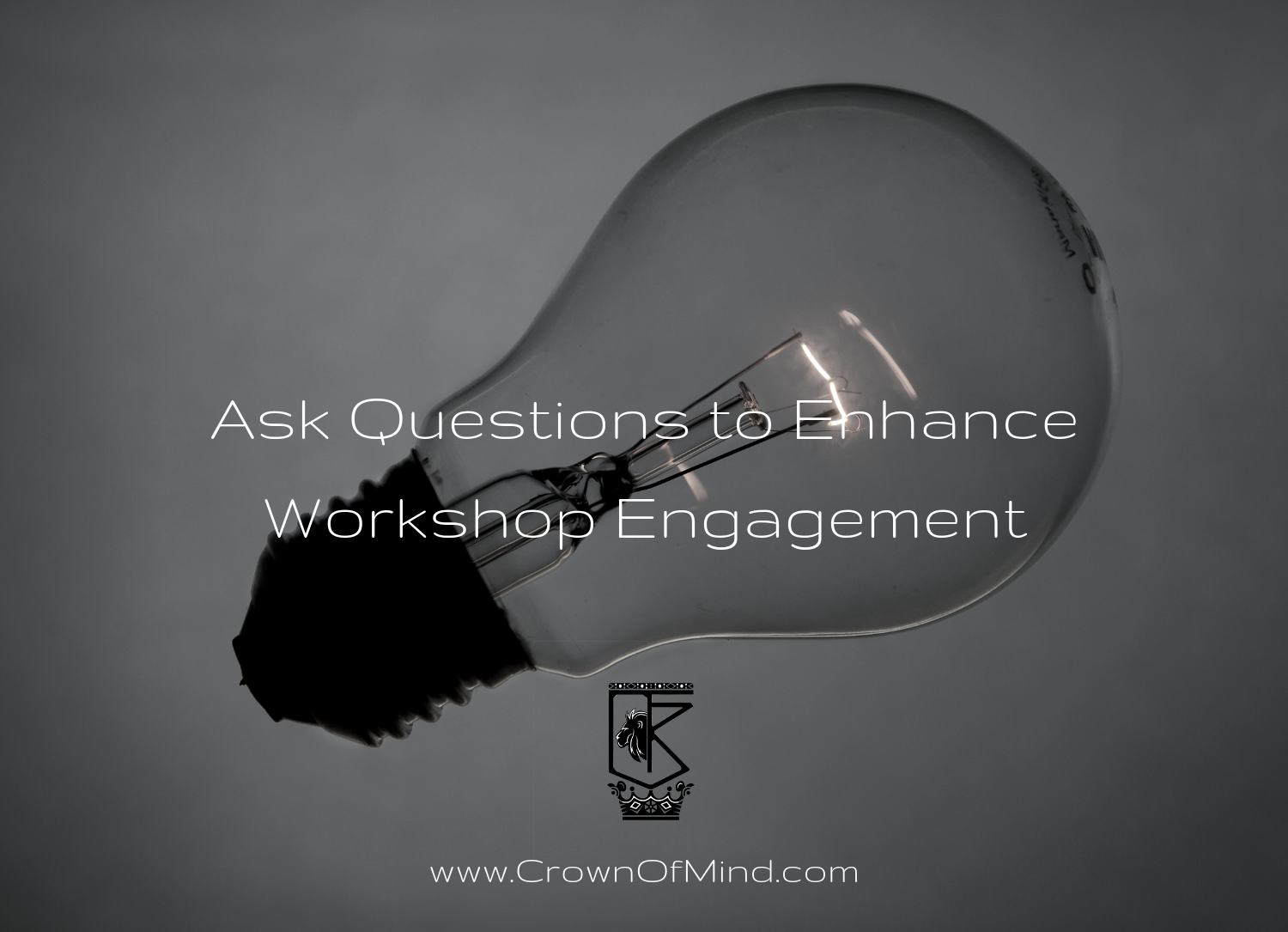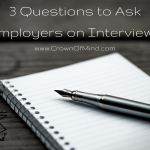A workshop differs from a presentation or lecture in the focus on the “work” in the “shop” the space creates. Some kind of effort is done that places the audience in a direct experience of the topic. In a workshop, the audience tends to leave with results from the activities for further reflection. In each of these platforms I observe asking questions sets the energy in the room for a dialogue, and dialogue helps facilitate a particular type of engagement, sometimes called “direct transmission.”
As a career advisor in organizational life, I was tasked with holding minimum 10 professional development workshop/presentations per quarter. Over the course of my tenure, I’ve hosted over 100 using tech for props and without any resources. My business currently involves this work.
My observation: the audience responded with more attention when I blended questions with information, weaving between giving and receiving. Activities were not always necessary but further enhanced engagement alongside the questions.
Even if you as the presenter have the information, there are several reasons why questions to the audience are assets.
1. Discussion morphs the environment into a shared learning experience instead of one person on a panel just disseminating information. Questions foster further thinking, challenging the audience to consider the subjects at hand deeper. The questions help to facilitate more complex understanding, to approach the subjects from unfamiliar angles.
2. Questions help the audience practice speaking in public. This isn’t exactly why you’re there, but this empowerment can have profound impact on people who normally wouldn’t speak up in any way. You also demonstrate you’re more of a guide than one who dictates.
3. Someone’s question might be another person’s question. The one who truly is terrified to ask a question, or even had a momentary inquiry could receive their answers from another person more courageous. 20 members in an audience means 20 perspectives, 20 possible questions.
The question of whether to just take questions at the end instead of during? In a workshop setting, my preference remains during for the reasons above.






